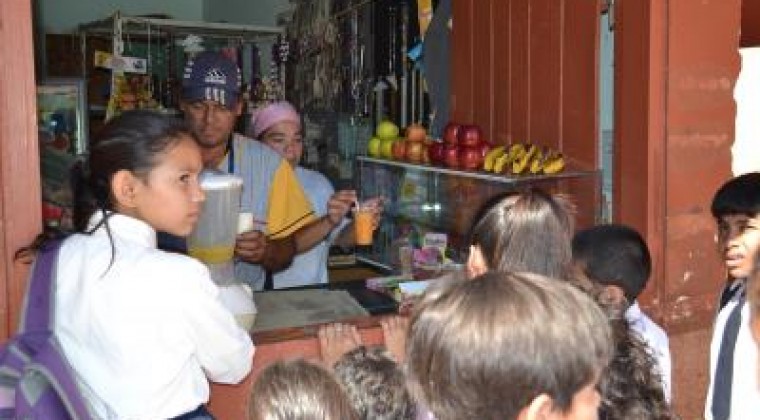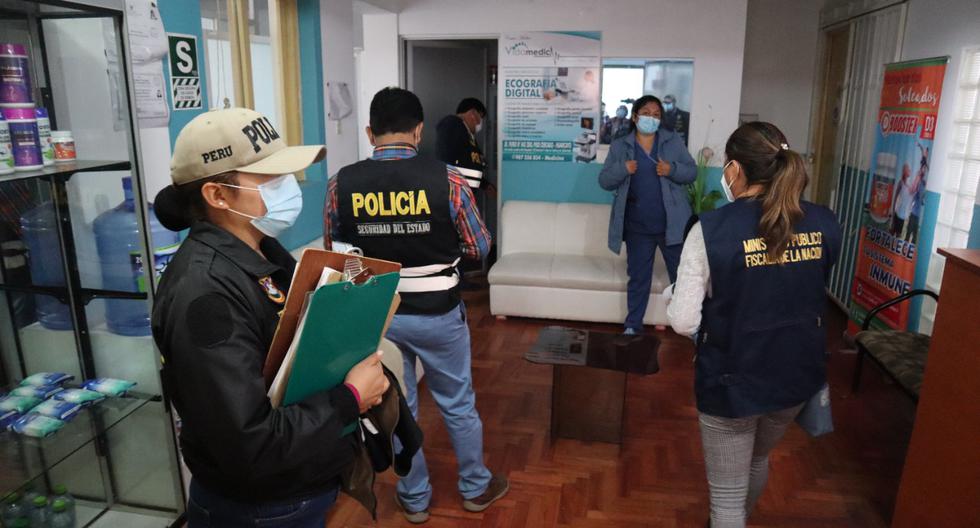Deputy Roya Torres (PLRA-Alto Paraná), presented a bill “That promotes Nutritional Food Education (EAN)”, with the intention of introducing this subject into the national educational system and, in this way, achieve a healthy school environment. .
In essence, it proposes to incorporate food and nutritional education content into the school curriculum, starting from initial and basic education and continuing in secondary education or its equivalent.
“School canteens must take care of the nutritional aspects of the child population served, placing special emphasis on correcting micronutrient deficiencies or excess energy and attending to the particularities of the regional food culture,” says part of the explanatory statement.
Deputy Torres bases her project on a 2019 study by the National Institute of Food and Nutrition (INAN), which detected 1.6% malnutrition in the school population aged 5 to 19, both in public and private schools.
However, what is most worrying is the detection of excess weight in the aforementioned population, detecting 34.6% of overweight and obesity, in the same age group mentioned.
“School canteens must offer products of high nutritional value such as: fruits, yogurts, cereals or others recommended by nutrition professionals. They must be properly displayed, providing the opportunity to choose and apply the knowledge acquired by the school population”, states one of the articles.
He adds that in schools that have orchards and/or farms, a comprehensive approach will be promoted with topics developed in the EAN, such as the production, selection, handling and biological use of food.
The explanatory statement explains that in Paraguay, currently, school nutritional status represents a public health problem.
“It is important to establish the implementation of educational-nutritional interventions, focused on improving the quality of eating habits, as a possible strategy for disease prevention.”
The project also aims to promote regional economies, taking into account that it guides healthy actions and choices, promoting diversity in regional products (farm, community gardens, national industry), strengthening, in addition to healthy eating habits, departmental economies.
The project had an official entry and was referred, for study, to the Economic and Financial Affairs Commission; Legislation and Codification; Education, Culture and Worship; Industry, Commerce, Tourism and Cooperativism; Public health; Municipal and Departmental Affairs; Budget; Social Equity and Gender; and to Youth and Development.

















